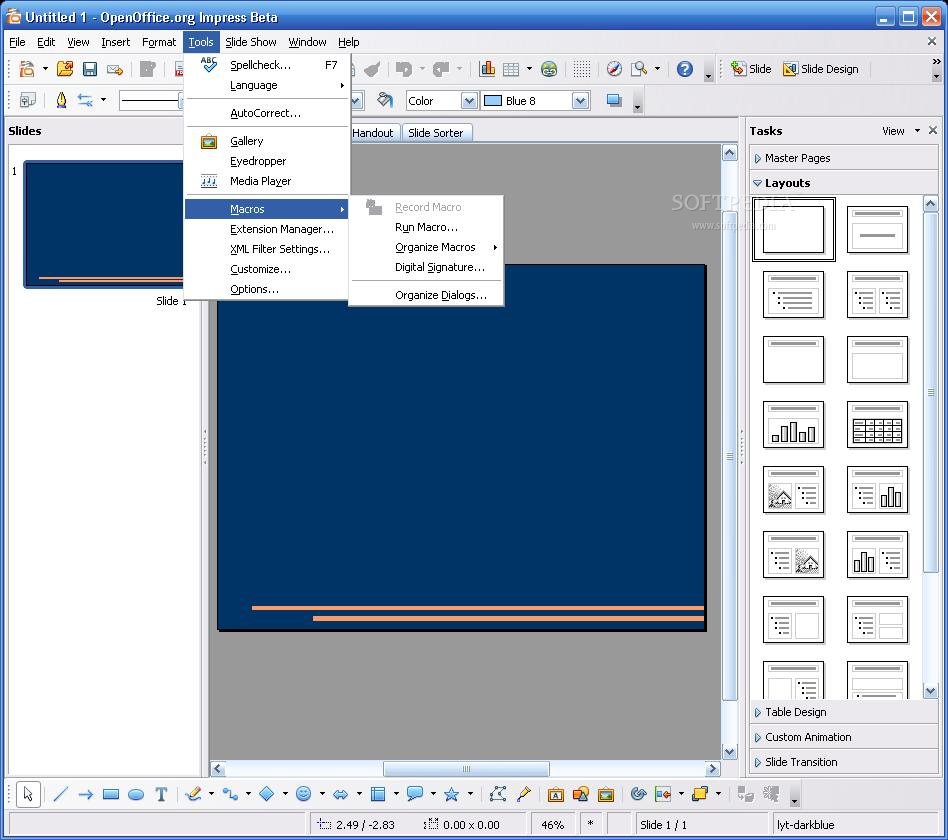

If you have deep a conviction in either direction, it's not likely we'll change your mind.

On the other hand, some consumers are more comfortable with a for-profit model they feel rewards and incentivizes ingenuity. Not surprisingly, it can attract loyal adherents who are committed to sharing information and building better software. It is born out of a deep distrust of large corporations, an enthusiasm for individual innovation, and a belief that community action is effective in solving problems.


The open-source philosophy is about more than software. Anyone who wishes to use, redistribute, adapt, or improve the code can do so without permission or payment of any kind. In contrast, open-source software is developed collaboratively, often by volunteers, and made available for free. Its sales help fund product development, testing, marketing, salaries, and shareholder dividends. Let's compare the philosophical differences between the three packages and how those differences might affect how you purchase and use the suites.Ĭommercially licensed software like Microsoft Office is developed by a single vendor. Neither of the open-source alternatives provides an email or calendaring tool or an analogue for OneNote.įor the purposes of this article, we'll focus on word processing, spreadsheet, and presentation tools.īefore we look at specific features of the competing suites, it may be helpful to take a step back. The open-source options also include "Base," a database similar to Microsoft Access a tool called "Draw" that's similar to Microsoft Visio a chart-creation module called "Charts" and an equation editor called "Math." Although some desktop versions of Microsoft Office don't include the desktop-publishing application Publisher, all now offer OneNote, a note-taking and -sharing tool. How do these open-source suites differ from Microsoft Office? Should your nonprofit consider one of them? To help you decide, we compared key features of the 2016 version of Microsoft's productivity suite to Apache OpenOffice 4.1 and LibreOffice 5.1.īoth open-source suites offer tools with the same names - Writer (word processing), Calc (spreadsheets), and Impress (slide presentations) - to compete with Microsoft's equivalent products - Word, Excel, and PowerPoint. However, open-source options such as Apache OpenOffice and the Document Foundation's LibreOffice have emerged - and many users feel they are as good or better than Office. Microsoft Office continues to dominate the productivity software marketplace.


 0 kommentar(er)
0 kommentar(er)
